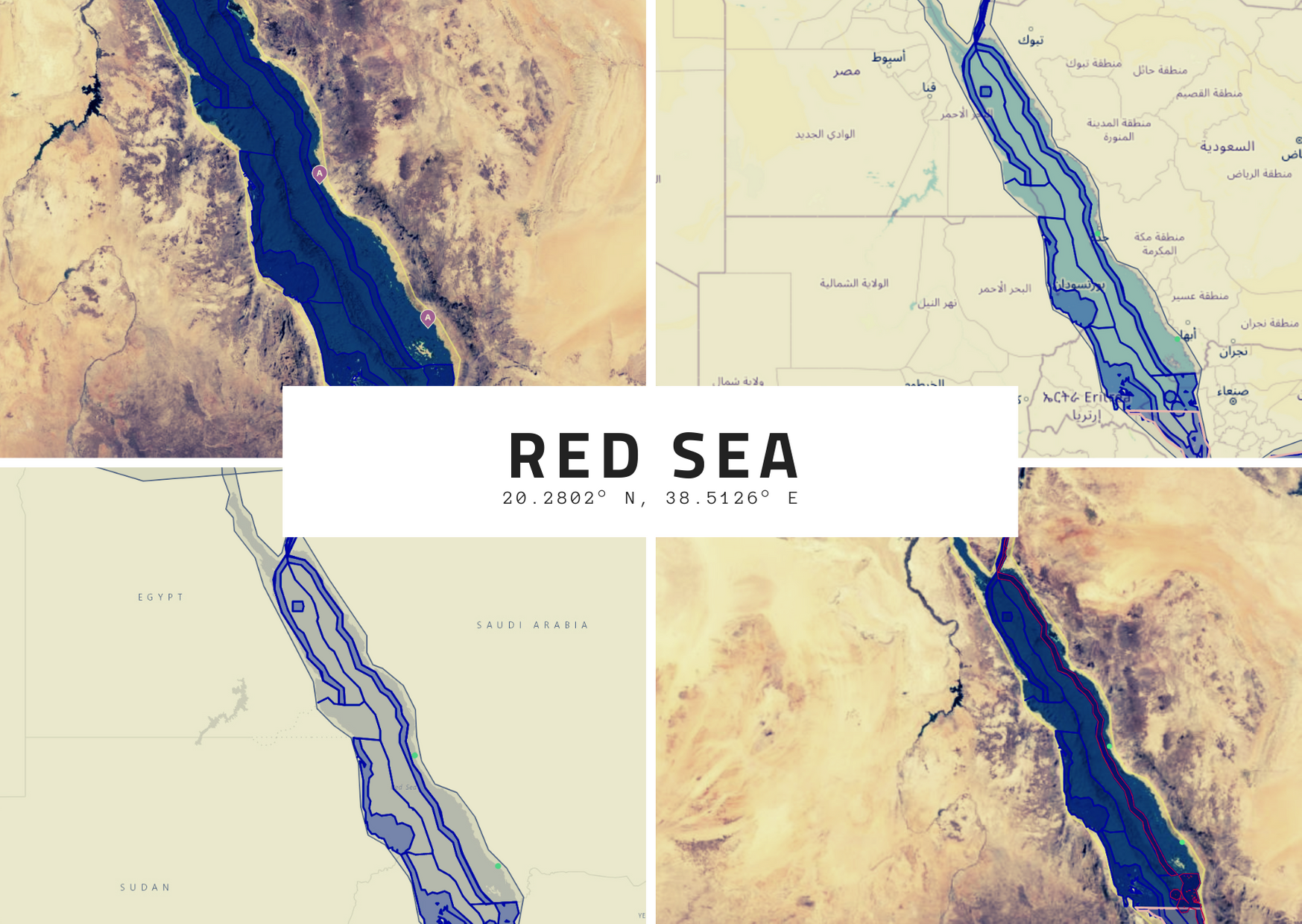The escalating Houthi attacks in the Red Sea region are amplifying economic and security concerns for the U.S. and its allies, profoundly impacting maritime security and disrupting the global supply chain.
With nearly 30 attacks reported since October 19, 2023, the Houthis' targeting of ships, especially those perceived to have ties to Israel, is exacerbating geopolitical risks and threatening one of the world's vital maritime routes.
The implications of these attacks extend beyond immediate security threats, potentially leading to the blockage of crucial transit points like Bab al-Mandeb. Compounded by tensions between Ethiopia and Somalia, and a resurgence of piracy off the Horn of Africa, the situation underscores the urgent need for effective maritime security measures.
In response, a U.S.-led coalition has emerged, although China's reluctance to join has raised questions about its strategic objectives and global posture. China's focus on securing its trade routes through the Red Sea, despite geopolitical complexities, suggests a calculated effort to safeguard its economic interests.
The repercussions of these developments are felt globally, with shipping companies opting for longer, costlier routes to avoid the Red Sea's risks. This shift not only increases transit times but also adds significant financial burdens, impacting various sectors of the global economy.
Furthermore, the proliferation of hijacking incidents and the subsequent rise in insurance premiums hint at underlying economic motivations, potentially exacerbating existing challenges in the maritime domain.
In light of these complexities, the situation in the Red Sea underscores the fragility of global economic security and highlights the need for concerted international efforts to address maritime threats and safeguard vital trade routes.





